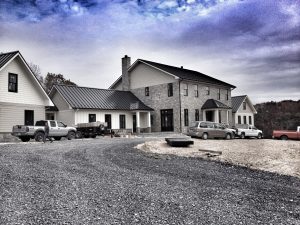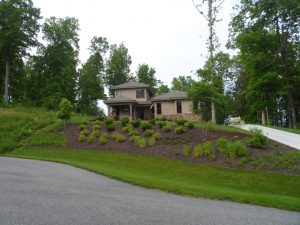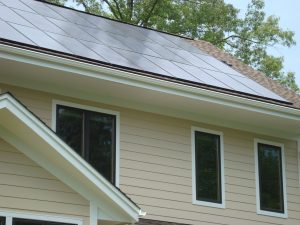“Resilience is the capacity to adapt to changing conditions and to maintain or regain functionality and vitality in the face of stress or disturbance. It is the capacity to bounce back after a disturbance or interruption of some sort.” ~ Resilient Design Institute
Over the past few years, there have been a number of severe storms that have devastated communities. What would happen if a severe storm hit your neighborhood? What if the storm is more subtle, an extended period of extremely cold weather – how will your home perform? There are many simple things that can be done that will contribute to your home being resilient.
1. Plan for comfort – an energy-efficient home that uses less energy to maintain a comfortable level will perform better in a period of power outage. These high performance homes can go for extended periods of time with very little energy demands to maintain temperatures inside the home.

2. Durable design – a home designed to be durable on a daily basis is more likely to withstand a severe weather event.
3. Plan for appropriate storage space for food and water. Perhaps a rainwater harvesting system and water filtration system. Or simply clean water stored in a basement. Food stored should have high nutritional value and not need to be cooked.

4. Incorporate a natural ventilation system in your home. Even if you don’t use it on a regular basis (HVAC system used daily instead), having a plan in place to cool your home in extreme weather events without power will benefit your endurance in those events. It can also be used on mild days to reduce energy use.
5. Have a back up energy plan. It could be a solar system, portable generator, or a whole house generator. Know what is essential to keep active on the system, remember appropriate fuel storage to keep the system active.
6. Incorporate a safe room in your home. With modern construction techniques, this type of construction is easy to achieve and offers protection against many natural disasters.
What are some features in your home that will help you survive a natural disaster? Which natural disasters have you planned for in your home?





